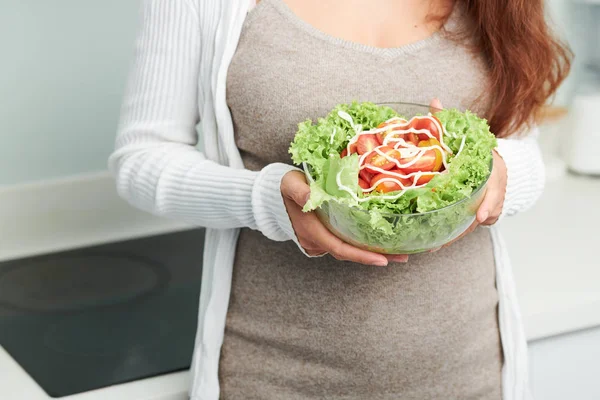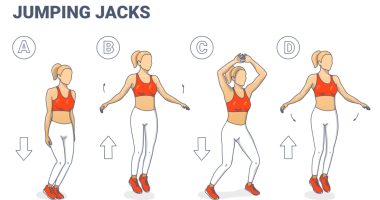Vegans may have lower birth weight babies and higher risk of preeclampsia during pregnancy – With vegan diets increasingly popular, their impact on pregnancy is a crucial question. A new study in Denmark examined birth and motherly outcomes with plant-based diets, offering valuable insights.
Veganism surged from near non-existence in 2010 to 3% of young adults in Denmark by 2022. Concerns over nutritional deficiencies and birth weight prompted this study.
Studies on birth weight in vegan pregnancies were conflicting, with some showing lower weights and higher risk of small babies. Public health guidelines lacked clarity due to limited data.
Researchers analyzed data from over 100,000 pregnancies, including 66,000 with dietary and pregnancy outcome information. Only a small percentage were non-omnivores, with around 10% vegans.
Key Findings
Key Findings of the Study on Plant-Based Diets and Pregnancy Outcomes:
Vegan mothers:
- Babies had a lower average birth weight (250 g less) compared to omnivores.
Higher risk of low birth weight (LBW): 11% of babies had LBW compared to <3% for omnivores. - Longer average pregnancy: Babies were born 5 days later on average.
Higher risk of preeclampsia: 11% of mothers developed preeclampsia compared to 3% of others. - Lower protein intake: 10% of total energy intake, compared to 15% for omnivores.
Vegetarian mothers:
- Similar average birth weight, birth length, and pregnancy length as omnivores.
- No significant differences in LBW, gestational diabetes, or Cesarean section rates.
- Lower fat intake compared to omnivores and vegans.
- More likely to have iron deficiency anemia than omnivores.
All diets:
- Equivalent diet quality when considering supplements.
- No significant differences in mean birth length, gestational length, gestational diabetes prevalence, or Cesarean section rates.
Additional Observations:
- Vegan mothers were older, had more children, and were more likely to be non-smokers and underweight.
- Vegetarian diets may be associated with restrictive eating patterns, potentially affecting birth weight.
- The study did not establish causal relationships but suggests vegans need to take extra care with diet quality during pregnancy.
More…
Outcomes: No significant differences were found in average birth weight, birth length, gestational length, low birth weight prevalence, gestational diabetes, or Cesarean section rates between vegans and other groups.
Key differences: However, vegan babies had a 250g lower average birth weight and mothers had a 5-day longer average pregnancy. Over 11% of vegan mothers had low birth weight babies compared to less than 3% in omnivores. Notably, 11% of vegans developed preeclampsia compared to 3% of others.
Implications: Vegan diets during pregnancy may be associated with lower birth weight and higher preeclampsia risk compared to omnivore and vegetarian diets. Vegetarian diets weren’t linked to adverse outcomes or poor diet quality.
Future research: This study adds to evidence suggesting stricter plant-based diets might affect fetal growth. More research on diet quality and causal relationships is needed to create better pregnancy dietary guidelines.
Recommendation
Dietitians recommend that women who follow vegan diets during pregnancy should seek the help of a dietitian to ensure a well-planned and healthy diet. A well-balanced vegan diet can be beneficial for both mothers and their offspring, as it can prevent gestational diabetes and reduce the risk of cesarean delivery, postpartum depression, and neonatal and maternal mortality[2].
ALSO READ: New Insights into Prenatal Organophosphate Ester Exposure and Child Growth









